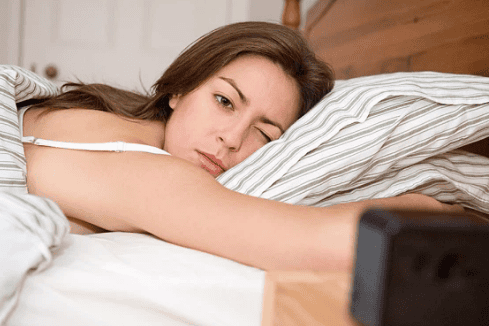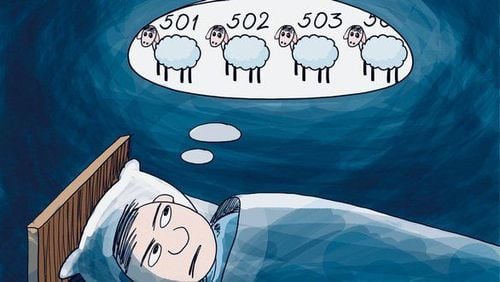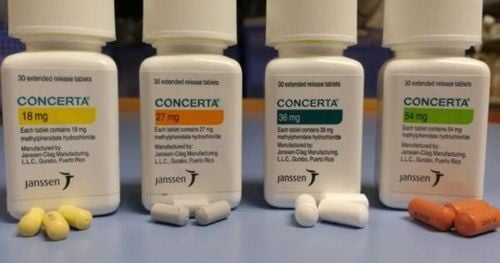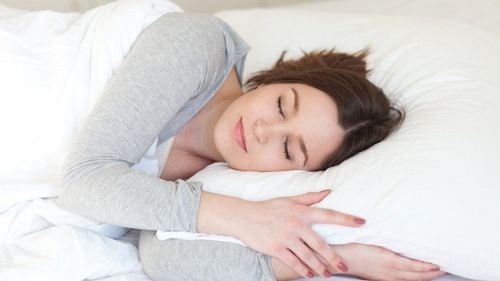This is an automatically translated article.
According to the Centers for Disease Control and Prevention (CDC), adults need at least 7 hours of sleep each night. In which, children from the age of 6-12 years old need to sleep for 9-12 hours to ensure their health. However, busy life and work make you not always get enough sleep. Even many people only sleep for 2 hours a day. So is 2 hours of sleep good?
1. Is 2 hours of sleep good?
Sleep is the time when the body repairs tissues, replenishes hormones and converts short-term memories into long-term memories. If you skip the night's sleep, nerve function and mood will decline significantly the next day. If the nature of work makes you often stay up late, sleep less, lack of sleep, you should sleep at least 2 hours. This will be more beneficial to your health than not sleeping.
According to the CDC, staying awake for 18 hours causes the same mental impairment as having a blood alcohol concentration of 0.05% and being awake for 24 hours is equivalent to 0.10%. Therefore, the consequences of staying awake are similar to those of drunkenness. During sleep, the body moves through four stages. Each cycle lasts 90 minutes. Ideally, you should sleep for at least 90 minutes to give your body time to go through a full cycle. Studies have found that sleeping between 90 and 110 minutes can help reduce feelings of fatigue when you wake up compared to a shorter 60-minute nap.
MORE: When sleeping on your side, which side is better?
2. How does the sleep cycle work?
The four stages of sleep can be divided into two categories: rapid eye movement (REM) and non-rapid eye movement (NREM). NREM accounts for about 75 to 80% of your sleep.
Stage 1 (NREM) is called N1; This is the lightest stage of sleep and lasts about 1 to 5 minutes. Brain waves, breathing, and heart rate all begin to slow down and the muscles are relaxed. Stage 2 (NREM) is known as N2: During this, your body temperature drops while your heart rate and breathing rate continue to slow. Phase 2 lasts about 25 minutes during the first sleep cycle and longer after each additional cycle. Stage 3 (NREM) also known as N3 or deep sleep: This is when the body repairs itself and strengthens the immune system. Even loud noises may not wake you from this stage of sleep. Stage 4 (REM): REM sleep is the cycle you're most likely to dream of and is characterized by paralyzed muscles and rapid eye movements. It usually begins about 90 minutes after you fall asleep. During each cycle throughout the night, REM sleep lasts longer. MORE: How long is enough deep sleep?

Ngủ ít có thể làm ảnh hưởng đến chu kỳ ngủ hoạt động giấc ngủ
3. Harm of not sleeping completely
Sleepiness is regulated by two processes: circadian clock and sleep pressure. In particular, the biological clock is the body's internal clock that helps you fall asleep at night and wake up during the day. Sleep pressure is a feeling of fatigue that becomes stronger the longer you stay awake. If you don't sleep, your sleepiness will continue to get worse until your body can finally rest.
Compared to staying up at night, sleeping for 1 to 2 hours can reduce sleep pressure and make you feel less tired in the morning. If you don't get enough sleep, you can face a number of health risks such as:
Poor concentration Temporary memory loss Mood swings, easy anger, irritability Increased pain symptoms Ease stress MORE: How to sleep well?
4. Harmful effects of lack of sleep
Lack of sleep can negatively impact your judgment and cognitive abilities. At the same time, not getting enough sleep also makes you not awake in jobs that require high concentration such as driving, doing dangerous mechanical work,....
According to experts, often sleep less More than 6 hours increased the risk of falling asleep by 260% compared to regularly sleeping 7 to 9 hours. Drowsy driving also accounts for about 1% - 6% of traffic accidents. On the other hand, lack of sleep for a long time can have a negative impact on health and cause many diseases such as:
Weakened immune system Obesity Depression or anxiety Diabetes Decreased sex drive Heart disease So maybe sleeping 2 hours has no health benefits but it is better than not sleeping at all. Ideally, you should try to sleep more than 90 minutes. Getting between 90 and 110 minutes of sleep gives the body time to complete a full sleep cycle and can minimize waking jitters.
Please dial HOTLINE for more information or register for an appointment HERE. Download MyVinmec app to make appointments faster and to manage your bookings easily.
Reference source: healthline.com













